Dhaka, Jan 12, (V7N) - Dhaka, the overcrowded capital of Bangladesh, has once again ranked fourth globally among cities with the worst air quality. As of 8:55 AM on Sunday (January 12, 2025), the city recorded an Air Quality Index (AQI) score of 185, categorized as ‘unhealthy.’
What Does an AQI Score of 185 Mean?
An AQI score between 151 and 200 is classified as ‘unhealthy,’ signifying a considerable health threat to the general public and an even greater risk to sensitive groups, including individuals with preexisting respiratory or heart conditions, children, and the elderly.
Moderate Air Quality: AQI between 50 and 100 indicates relatively clean air, though prolonged exposure may affect sensitive individuals.
Unhealthy for Sensitive Groups: AQI between 101 and 150 may pose health risks to those with underlying health issues.
Unhealthy Air: AQI between 151 and 200 affects most people, with sensitive groups facing more significant health problems.
Very Unhealthy to Hazardous: AQI scores above 200 signify critical health risks, urging everyone to avoid prolonged outdoor exposure.
Other Cities Leading in Poor Air Quality
In the global ranking, Ghana’s Accra, India’s Kolkata, and Delhi occupied the top three positions with AQI scores of 205, 203, and 196, respectively. Dhaka followed in fourth place.
Persistent Air Pollution in Dhaka
Dhaka has been grappling with severe air pollution for years. The situation typically worsens in winter when airborne particles increase due to lower humidity and a lack of rainfall, while conditions improve slightly during the monsoon season.
The AQI in Bangladesh measures pollution levels based on five major pollutants:
Particulate Matter (PM10 and PM2.5)
Nitrogen Dioxide (NO2)
Carbon Monoxide (CO)
Sulfur Dioxide (SO2)
Ozone
Global Health Impacts of Air Pollution
The World Health Organization (WHO) estimates that air pollution causes approximately 7 million deaths worldwide each year. Chronic exposure increases the risk of stroke, heart disease, lung cancer, and acute respiratory infections.
Call for Action
Public health experts emphasize the need for urgent government intervention to address Dhaka’s air pollution crisis. Improved urban planning, stricter regulations on industrial emissions, and public awareness campaigns are essential to safeguarding citizens’ health and ensuring a sustainable future.
END/VD/RH/



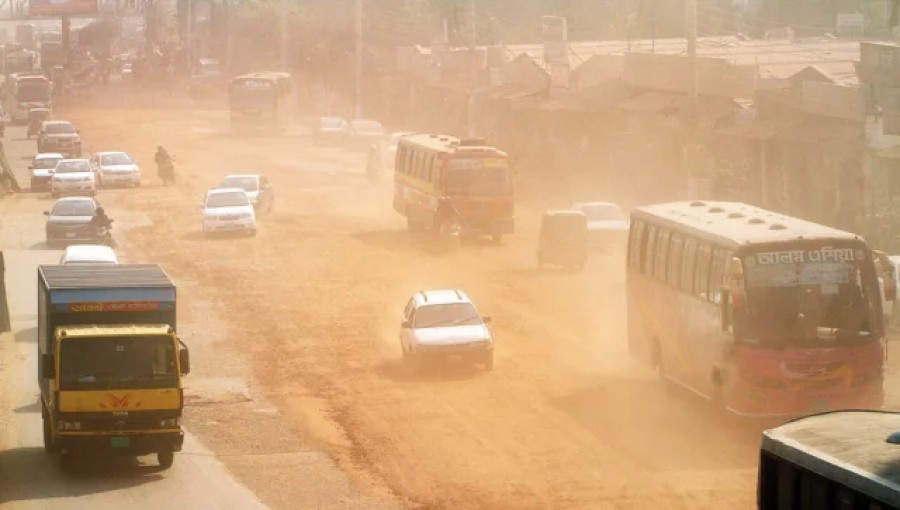


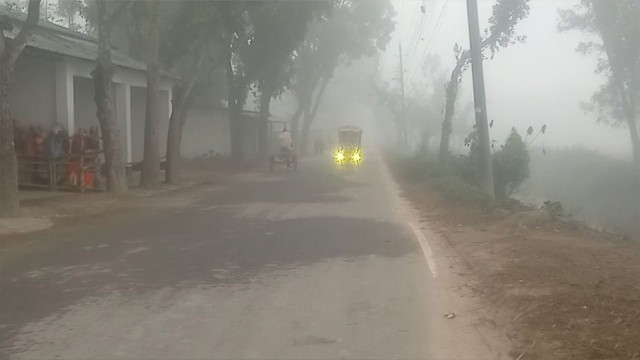


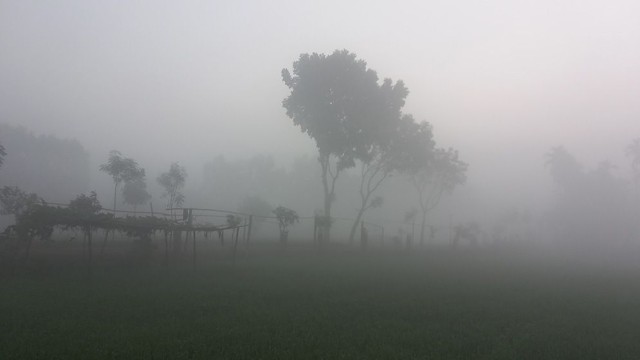
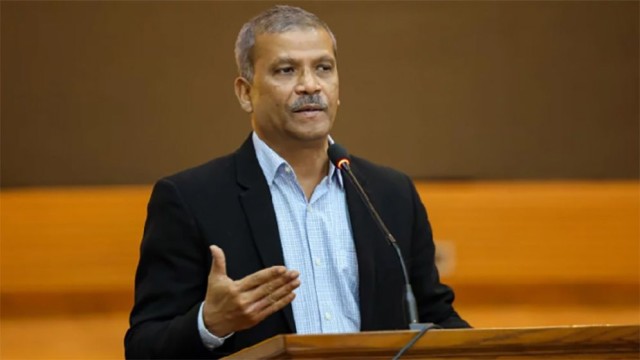

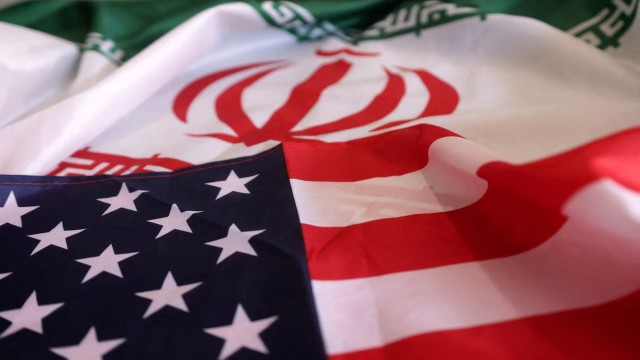

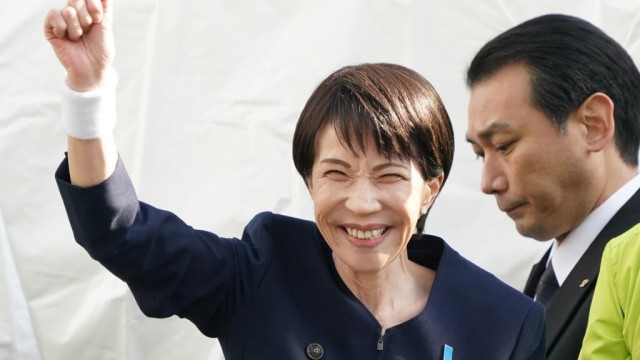



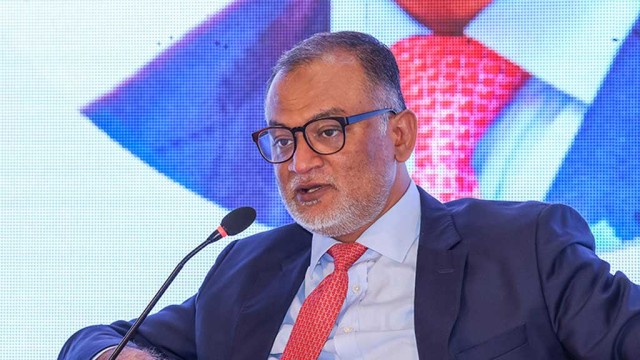












Comment: